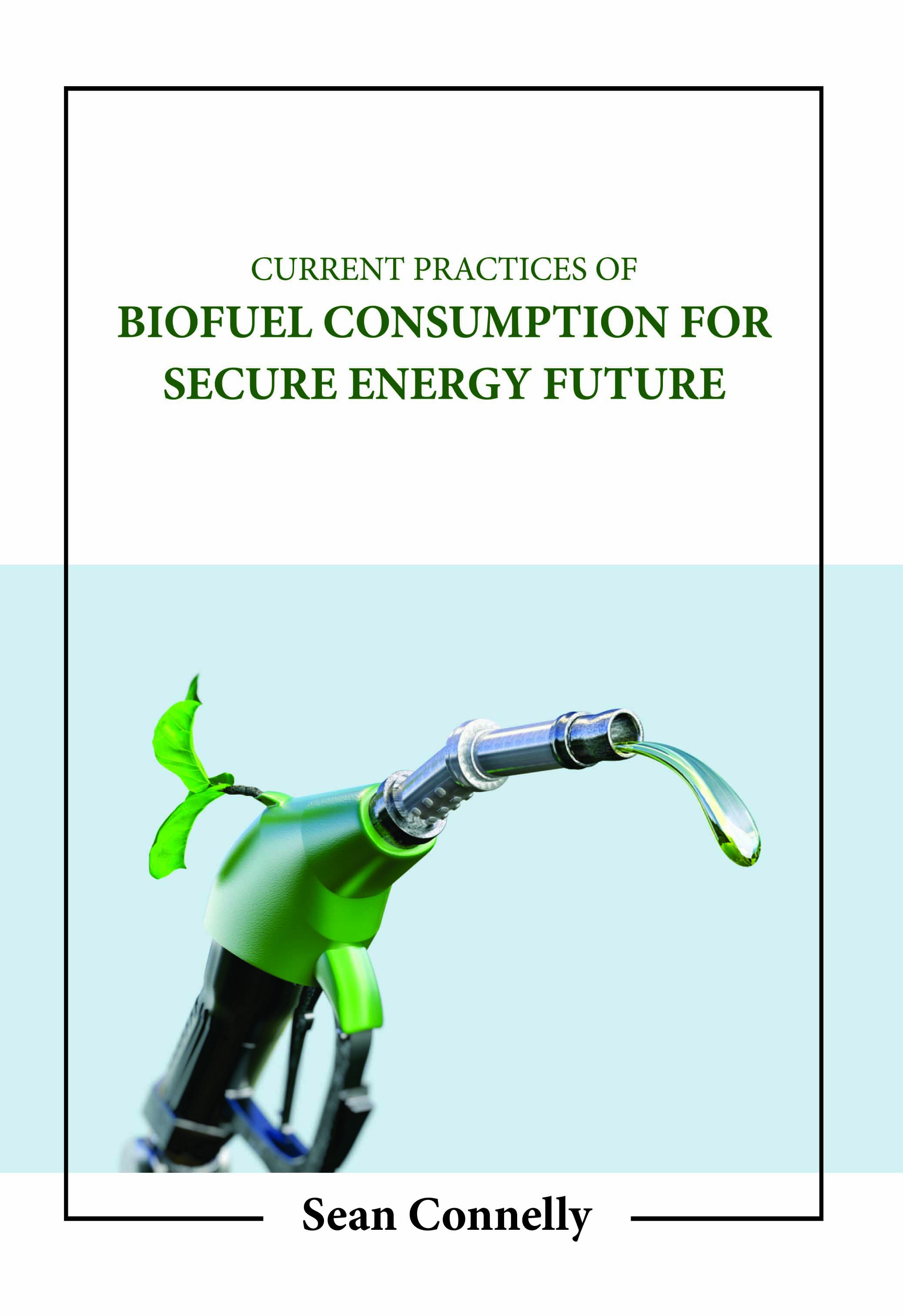
Current Practices of Biofuel Consumption for Secure Energy Future
by Sean Connelly
| ISBN | 9781806246380 |
|---|---|
| Publisher | Digital Drive Learning |
| Copyright Year | 2026 |
| Price | $267.00 |

by Sean Connelly
| ISBN | 9781806246380 |
|---|---|
| Publisher | Digital Drive Learning |
| Copyright Year | 2026 |
| Price | $267.00 |
Biofuels are substitute fuels created from resources found in or obtained from plants. Bioethanol and biodiesel are the two different kinds of biofuels which crucial for transportation. Energy obtained from biofuels is known as bioenergy. Biofuels are energy produced directly or indirectly from organic biomass, such as plant and animal waste. About 10% of the world's energy demand is met by bioenergy overall. Most of this comes from traditional unprocessed biomass used mostly for cooking and heating in underdeveloped nations. This biomass includes fuelwood, charcoal, and animal dung. Any fuel from biomass, including plant, algae, or animal waste, is referred to as biofuel. Contrary to fossil fuels like petroleum, coal, and natural gas, biofuel is seen as a renewable energy source due to the ease with which such feedstock material may be supplied. In light of rising petroleum prices and growing concern about fossil fuels' role in global warming, biofuel is frequently promoted as a convenient and environmentally friendly substitute for petroleum and other fossil fuels. However, due to the possible displacement of large tracts of arable land from food production and the financial and environmental expenses connected with the refining process, many critics are concerned about the extent of the spread of various biofuels. The book on biofuels offers a guide for comprehending the wide range of technological and energy policy challenges that overlap and interact.